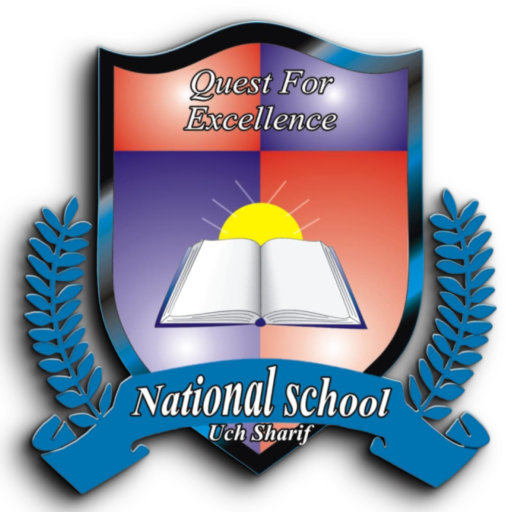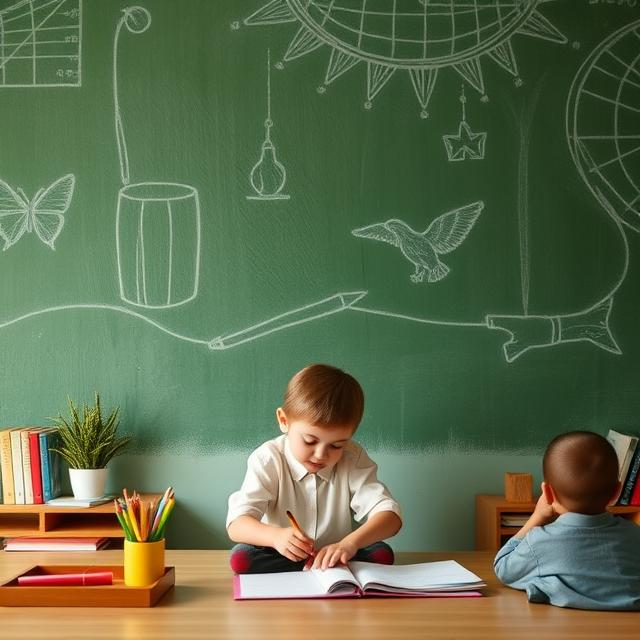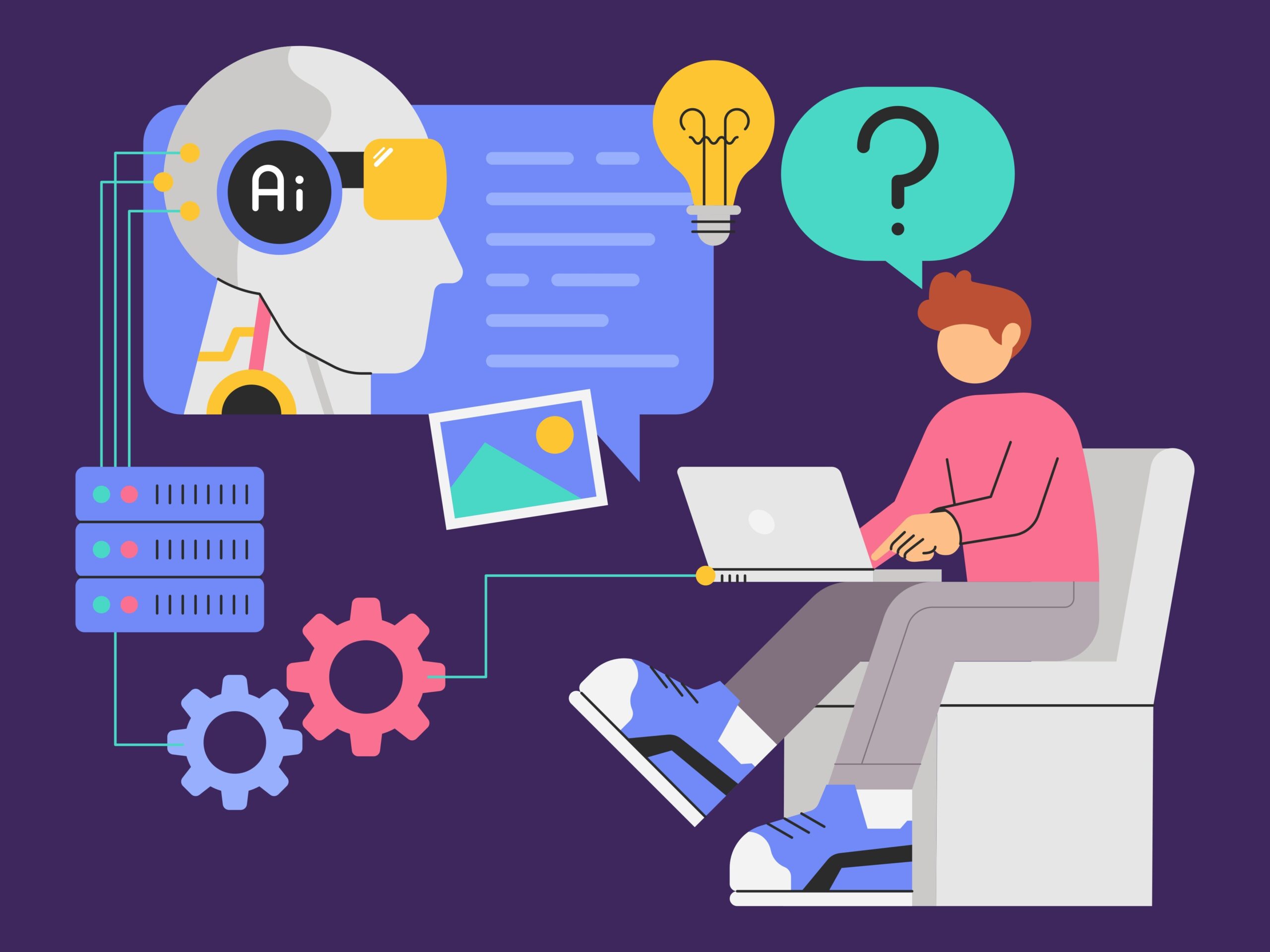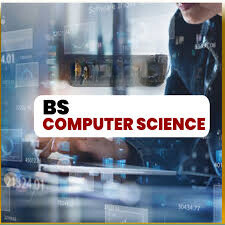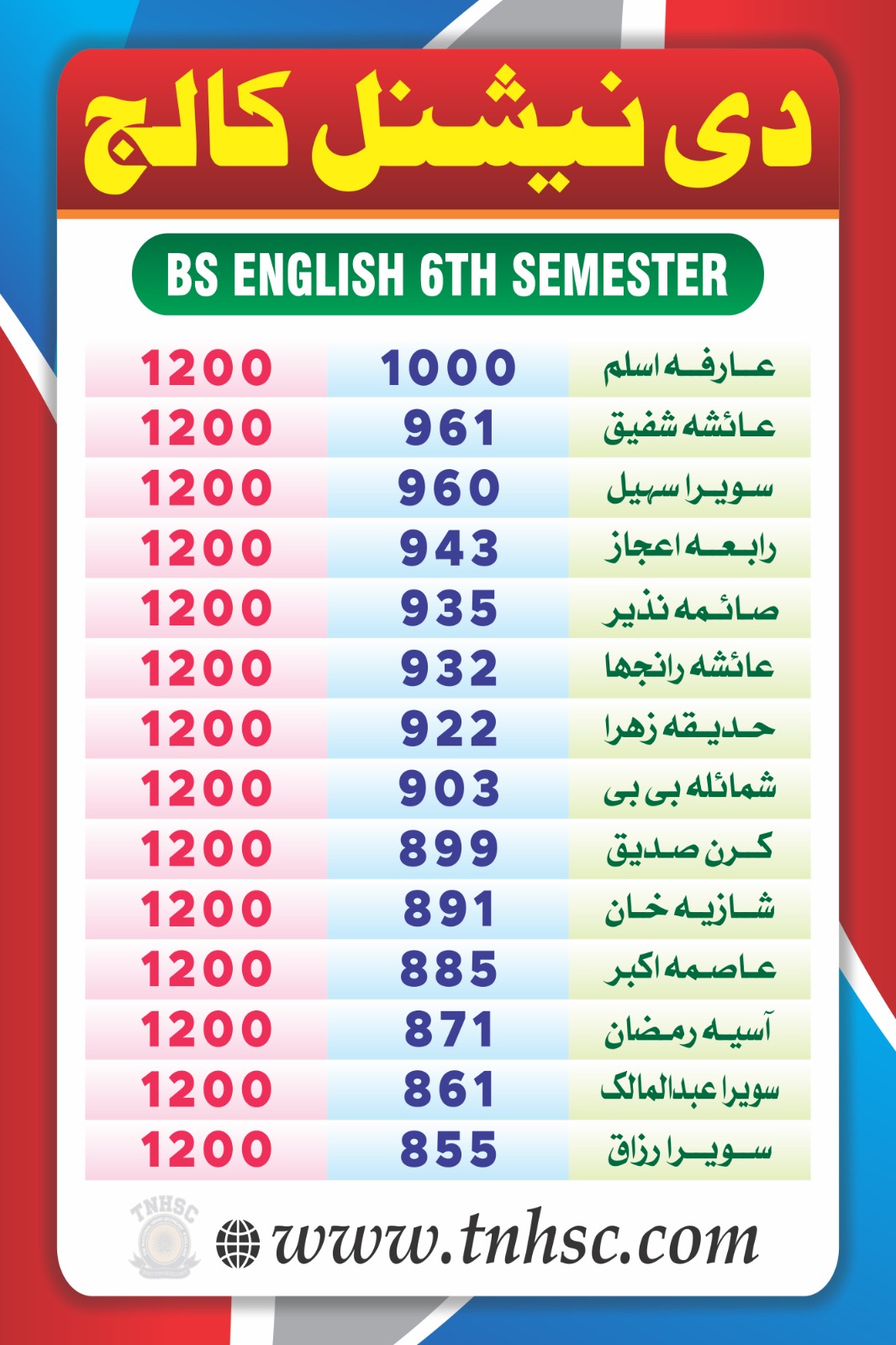Prep Classes play a crucial role in shaping a child’s educational journey. These classes serve as a bridge between early childhood education and formal schooling, equipping young learners with the necessary skills to excel in their academic endeavors. At TNHSC, we understand the significance of a strong foundation, and our Prep Classes are designed to nurture cognitive, social, and emotional development.
Importance of Prep Classes in Early Education
Enrolling your child in Prep Classes offers multiple benefits, including:
- Cognitive Development: Enhances problem-solving skills, language acquisition, and logical thinking. Through structured activities and interactive learning, children develop reasoning abilities, memory retention, and a love for exploration and discovery.
- Social Interaction: Encourages teamwork, communication, and relationship-building among peers. Children learn essential social skills such as cooperation, patience, and empathy, which are crucial for their future academic and personal success.
- Emotional Growth: Builds confidence, independence, and adaptability. By engaging in classroom discussions, role-playing, and group activities, children develop self-esteem and the ability to express their emotions in a healthy manner.
- Academic Readiness: Prepares students for subjects like mathematics, reading, and writing. The structured curriculum introduces foundational concepts that enhance literacy and numeracy skills, ensuring a smooth transition to formal schooling.
- Discipline and Routine: Helps children develop a structured routine, time management skills, and the ability to follow instructions, which are essential for future academic success.
- Creativity and Critical Thinking: Encourages innovative thinking and problem-solving through play-based learning, storytelling, and hands-on activities.
- Fine and Gross Motor Skills Development: Activities such as drawing, cutting, running, and jumping help improve hand-eye coordination, balance, and overall physical development.
Curriculum and Activities in Prep Classes
Our Prep Classes follow a structured yet engaging curriculum that includes:
- Language and Literacy: Phonics, vocabulary building, storytelling, and early writing skills. Children are encouraged to participate in interactive reading sessions and practice handwriting exercises to develop their literacy foundation.
- Numeracy Skills: Basic number recognition, counting, patterns, and simple arithmetic. Hands-on activities such as counting games, puzzles, and flashcards help reinforce mathematical concepts in an engaging manner.
- Creative Arts: Drawing, painting, music, and craft activities to enhance creativity. These activities not only improve fine motor skills but also provide an outlet for self-expression and imaginative thinking.
- Physical Education: Activities such as sports, yoga, and movement exercises to promote physical fitness. Regular outdoor play, dance routines, and interactive games contribute to the overall well-being of children by improving coordination and stamina.
- Social Studies and Science: Interactive lessons introducing basic concepts about the world around us. Children explore nature, weather patterns, cultural traditions, and basic scientific experiments to develop their understanding of the environment and society.
- Practical Life Skills: Activities like tying shoelaces, buttoning shirts, and understanding personal hygiene foster independence and confidence in daily tasks.
- Sensory and Motor Skills Development: Activities such as sand play, water play, and building blocks help refine both gross and fine motor skills, supporting overall physical and cognitive development.
- Moral and Ethical Learning: Teaching values like honesty, kindness, and sharing through storytelling, role-playing, and classroom discussions to instill a sense of responsibility and empathy.
Teaching Methods in Prep Classes
At TNHSC, we adopt a child-centered approach, ensuring a stimulating learning environment through:
- Play-Based Learning: Integrating fun activities such as role-playing, storytelling, and puzzles to make learning enjoyable and effective. This method encourages curiosity and a love for learning from an early age.
- Hands-On Experiences: Engaging children in experiments, craft-making, and practical tasks to reinforce concepts. Activities like sensory play, building blocks, and science experiments help children grasp abstract ideas through tangible experiences.
- Technology Integration: Using educational apps, videos, and smart boards for interactive learning. Digital tools help personalize learning experiences, making lessons more engaging and effective in developing digital literacy skills.
- Individualized Attention: Catering to different learning styles and paces to meet each child’s needs. Small class sizes and teacher-student interactions allow for personalized guidance, helping children overcome learning challenges.
- Montessori-Inspired Methods: Encouraging self-directed learning through structured yet flexible activities that promote independence and decision-making skills.
- Collaborative Learning: Group activities and peer interaction help children develop teamwork, communication, and leadership skills.
- Multi-Sensory Learning: Combining visual, auditory, and kinesthetic learning techniques to accommodate diverse learning preferences and enhance information retention.
How Prep Classes Prepare Children for Primary School
Transitioning from preschool to primary school can be overwhelming for children. Prep Classes ease this transition by:
- Introducing structured classroom routines.
- Developing basic academic and life skills.
- Encouraging independence and responsibility.
- Strengthening communication and problem-solving abilities.
Choosing the Right Prep Classes for Your Child
When selecting a Prep Class, consider factors such as:
- Qualified and Experienced Teachers: Ensure the instructors are skilled in early childhood education.
- Engaging Learning Environment: A classroom that fosters curiosity and active participation.
- Holistic Curriculum: A balance of academics, play, and extracurricular activities.
- Safe and Nurturing Atmosphere: A secure space that promotes emotional well-being and positive reinforcement.
FAQ’S
1. What are Prep Classes?
Prep Classes are designed to bridge the gap between early childhood education and formal schooling. They focus on developing children’s cognitive, social, emotional, and academic skills, preparing them for primary school.
2. Why are Prep Classes important for my child’s education?
Prep Classes enhance cognitive abilities, promote social interaction, build emotional growth, and improve academic readiness. They offer a structured routine that helps children develop discipline and basic life skills, all of which are essential for success in later education.
3. What skills will my child develop in Prep Classes?
Children in Prep Classes develop:
- Cognitive skills: problem-solving, memory retention, and logical thinking.
- Social skills: cooperation, communication, and empathy.
- Emotional skills: self-confidence, adaptability, and emotional expression.
- Academic skills: basic literacy, numeracy, and readiness for primary school subjects.
4. What activities are included in Prep Classes?
The curriculum includes:
- Language and Literacy: Phonics, vocabulary building, storytelling, and early writing.
- Numeracy Skills: Basic math concepts like counting, patterns, and simple arithmetic.
- Creative Arts: Drawing, painting, music, and crafts.
- Physical Education: Sports, yoga, and movement exercises for physical development.
- Social Studies and Science: Exploration of the world through interactive lessons.
- Practical Life Skills: Activities like tying shoelaces and personal hygiene.
- Sensory and Motor Skills: Sensory play and building blocks to refine motor skills.
5. How do Prep Classes help my child transition to primary school?
Prep Classes help ease the transition by:
- Introducing structured routines similar to primary school.
- Developing essential academic and life skills.
- Encouraging independence, responsibility, and communication.
- Strengthening problem-solving abilities.
6. What teaching methods are used in Prep Classes?
At TNHSC, we use:
- Play-Based Learning: Fun activities like role-playing and storytelling.
- Hands-On Experiences: Practical tasks and interactive activities to reinforce learning.
- Technology Integration: Educational apps, videos, and smart boards.
- Montessori-Inspired Methods: Self-directed learning that promotes independence.
- Collaborative Learning: Group activities for teamwork and communication.
- Multi-Sensory Learning: Combining visual, auditory, and kinesthetic techniques.
7. What should I look for when choosing the right Prep Class for my child?
When selecting a Prep Class, consider:
- Qualified and experienced teachers in early childhood education.
- An engaging learning environment that fosters curiosity.
- A balanced curriculum that includes academics, play, and extracurricular activities.
- A safe and nurturing atmosphere that promotes emotional well-being.
8. How do Prep Classes support my child’s emotional development?
Prep Classes provide a nurturing environment where children can build self-esteem, develop social skills, and express their emotions. Through group activities and guided classroom discussions, children gain the confidence and adaptability they need for future challenges.
9. How will my child benefit from the fine and gross motor skills activities in Prep Classes?
Activities like drawing, cutting, running, and jumping improve hand-eye coordination, balance, and overall physical development, which are important for both academic success and general well-being.
10. Are Prep Classes suitable for children with different learning needs?
Yes, Prep Classes are designed to cater to diverse learning styles and paces. With individualized attention and a child-centered approach, each child’s unique needs are met through small class sizes, teacher-student interactions, and personalized guidance.
11. How do Prep Classes encourage creativity and critical thinking?
Through play-based learning, storytelling, arts, and hands-on activities, Prep Classes foster innovative thinking and problem-solving. Children are encouraged to explore, create, and experiment, which strengthens their creativity and critical thinking abilities.
12. What is the role of technology in Prep Classes?
Technology is used to enhance learning by integrating educational apps, videos, and interactive smart boards. These tools make learning more engaging and help children develop digital literacy skills.
13. What age group is suitable for Prep Classes?
Prep Classes are typically designed for children around 4 to 5 years old, providing a foundation for formal schooling and ensuring they are academically and emotionally prepared for primary school.
14. Are Prep Classes available year-round?
The availability of Prep Classes may vary depending on the academic calendar and specific program offerings. It’s best to contact TNHSC for details on enrollment periods and schedules.
15. How do I enroll my child in Prep Classes at TNHSC?
To enroll, simply visit our website or contact our admissions team via email. Our team will provide all the necessary information about the enrollment process, availability, and personalized guidance for your child’s needs.
Conclusion
Prep Classes are instrumental in laying the groundwork for lifelong learning. They provide children with the confidence and skills necessary to excel in their educational journey. At TNHSC, our Prep Classes are designed to create a solid foundation, ensuring every child is ready to embark on their academic adventure with enthusiasm and curiosity.
For more information on enrolling your child inPrep Classes, visit our website TNHSC or get in touch with us today!
